Think Parenthood. Think Brothers and Sisters. But in outer space. Netflix’s Away, which is inspired by a 2014 article in Esquire by Chris Jones, joins the long line up movies and television to be based on magazine stories. A Beautiful Day in the Neighborhood was based on “Can You Say…Hero?” by Tom Junod. Hustlers was based on “The Hustlers at Scores” by Jessica Pressler. Argo. Top Gun. American Gangster. Even The Fast and the Furious was based on a Vibe piece called “Racer X” by Kenneth LiRafael. The list goes on and on.
Long-form pieces like this make great fodder for adaptations because their self-contained stories are often easier to translate to screen than a 400 page book or hundreds of issues of a comic. They have become the go-to for many a Hollywood producer looking to make sophisticated, grown-up content. (Okay, so maybe not The Fast and the Furious.)
As for Away, its connection to Chris Jones’ Esquire piece about astronaut Scott Kelly and his record-breaking yearlong mission aboard the International Space Station is negligible. The article, which is something of a deep dive into the effects of space on the human body and psyche, is used as the basis for some of the real science in series, but not much else. Because this isn’t a series about space. Not really. This is a sappy soap opera that’s partially set on a space ship. Think This Is Us. But in outer space.
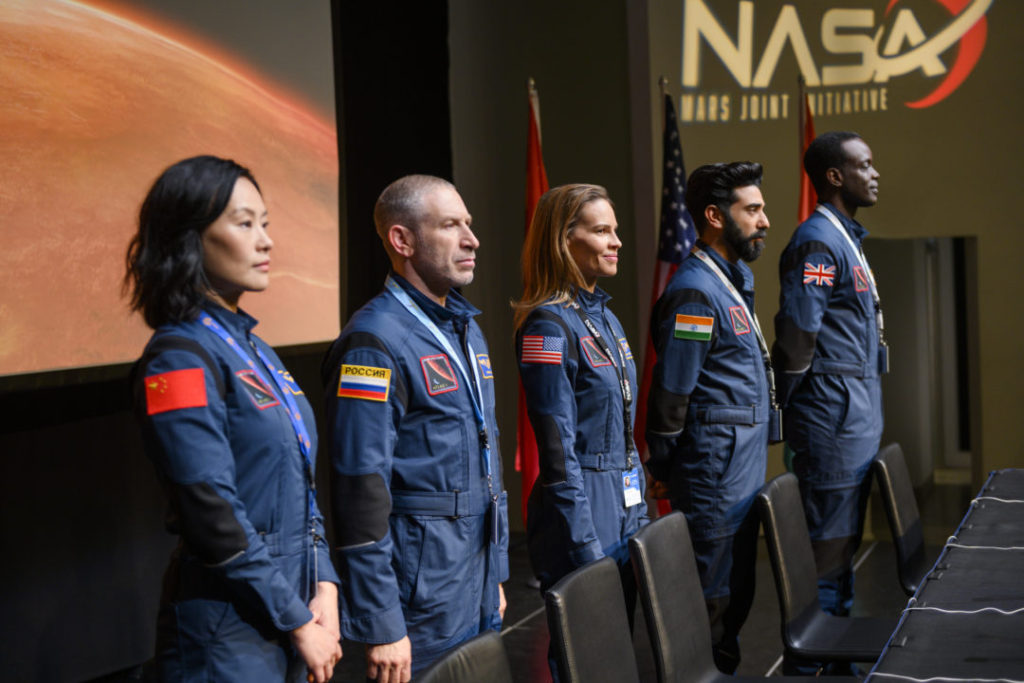
The series, a sprawling 10-episode drama about humanity’s first mission to Mars, centres around Emma Green (Hilary Swank), the United Colors of Benetton that make up her crew on the Atlas Mission, and the friends, lovers, and family they left behind.
Everyone here conforms to a well-worn national stereotype. The American is brave and noble, and always putting duty before self. Ram (Ray Panthaki) is an Indian who is insightful and empathetic. Misha (Mark Ivanir) is the Russian who is gruff and grizzly. Lu (Vivian Wu) is Chinese, and therefore stolid and secretive. And Kwesi (Ato Essandoh), the British-Ghanaian botanist, is a former refugee, which automatically makes him a saint.
Every episode is written by way of a tried and tested formula. The main plot usually focuses on one of the main characters, their backstories unfold by way of a flashback, they have a meltdown, before finally pulling it together for the greater good. While there are some relatively low stakes space related crises aboard their ship, this is a series that is mostly about the human drama that can be derived from misbehaving solar panels. This is a series in which a father fretting over his daughter’s new crush is given equal weight as a spaceship’s evaporating water supplies. Think Party of Five. But in outer space.
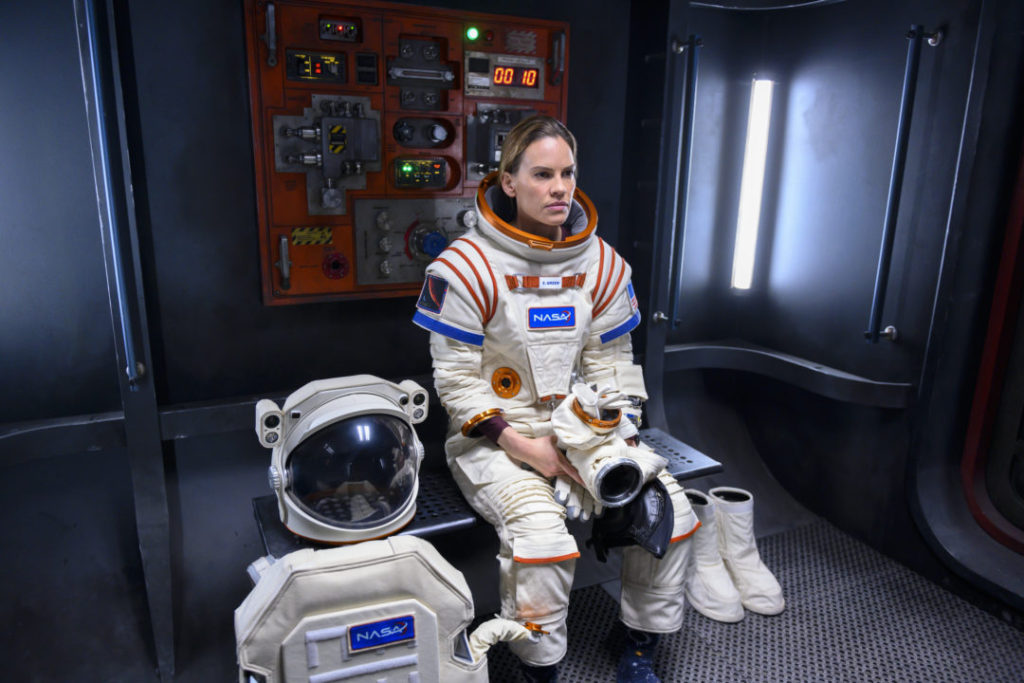
This isn’t science fiction. There is no existential threat that has forced humanity out into space in search of a new home. The Earth hasn’t depleted its resources. Aliens haven’t attacked. And their spaceship isn’t home to some sort of Lovecraftian horror.
This isn’t even like The First, Hulu’s short-lived and similarly themed series. Away isn’t interested in humanity as explorers, but rather in humanity as emotional creatures who are bound by their earthly ties. Think A Million Little Pieces. But in outer space.
Knowing this is key to whether or not you’ll warm to these 10 episodes. If what you’re looking for is serious actors, all of whom are at their top of their game, performing a highly emotional play about the pain of being away from those they love, then Away is the series for you. It is highly theatrical and laser targeted towards an audience that craves the weekly crying sessions that these sorts of family dramas promise. It’s been crafted to serve all of you who have become physically and mentally dependent on such emotional highs and lows.
If you are, however, looking for a space drama with the smarts of The Martian, or the ambition of Interstellar, then maybe give this one a miss. This isn’t a series that takes its inspirations from the breathtaking awe and mystery of space. This is a series that thrives in pensive sadness. It’s almost Hardyesque in its conception. Rooted in the idea that “happiness was but the occasional episode in a general drama of pain.”
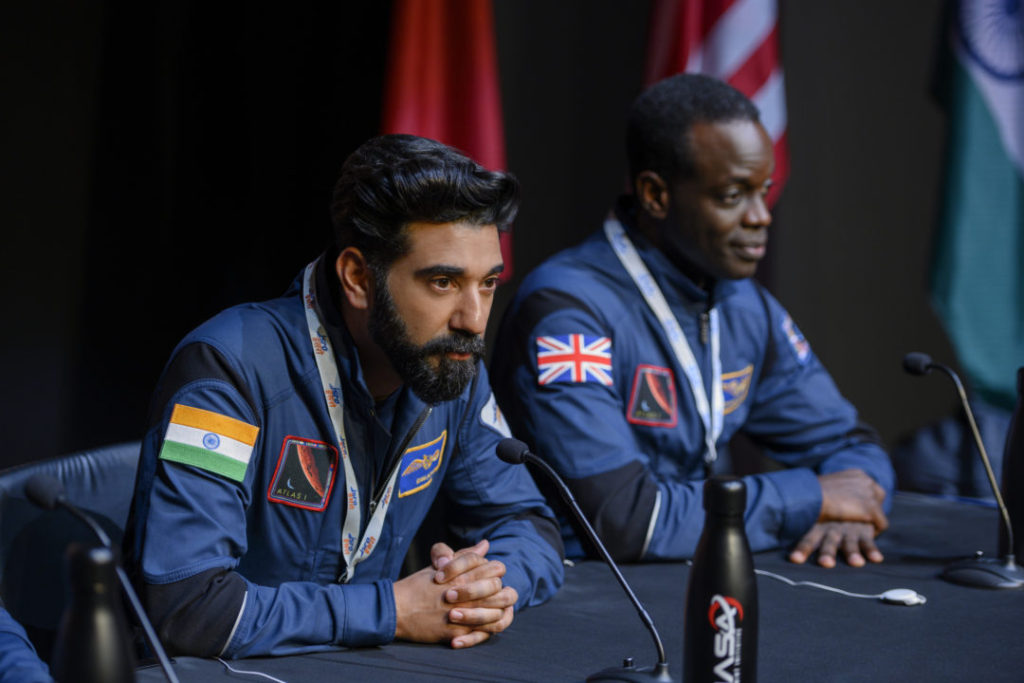
Away isn’t grand or sweeping. It isn’t even all that memorable. This isn’t a series that purports to provide some deep understanding into the human condition by using space as a metaphor. It is a simple fable about the dangerous, difficult, and sometimes unfortunate state of the human heart. And it does just about enough to warrant your attention. Even if just to while away a few hours.
Away
Netflix, Season 1, 10 episodes
Creator: Andrew Hinderaker
Showrunner: Jessica Goldberg
Directors: Ed Zwick, Jeffrey Reiner, Bronwen Hughes, David Boyd, Charlotte Brandstrom, and Jet Wilkinson
Writers: Andrew Hinderaker, Jessica Goldberg, Ellen Fairey, Jason Katims, Janine Nabers, Aditi Kapil, and Chris Jones
Cast: Hilary Swank, Josh Charles, Talitha Bateman, Ray Panthaki, Ato Essandoh, Mark Ivanir, and Vivian Wu

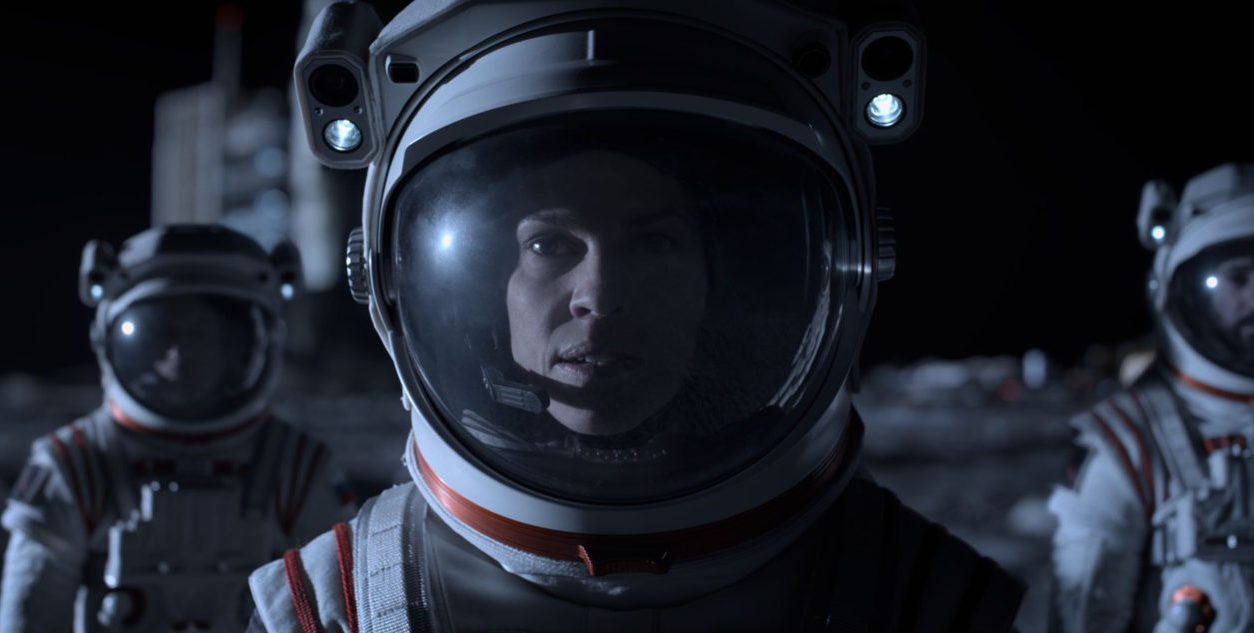

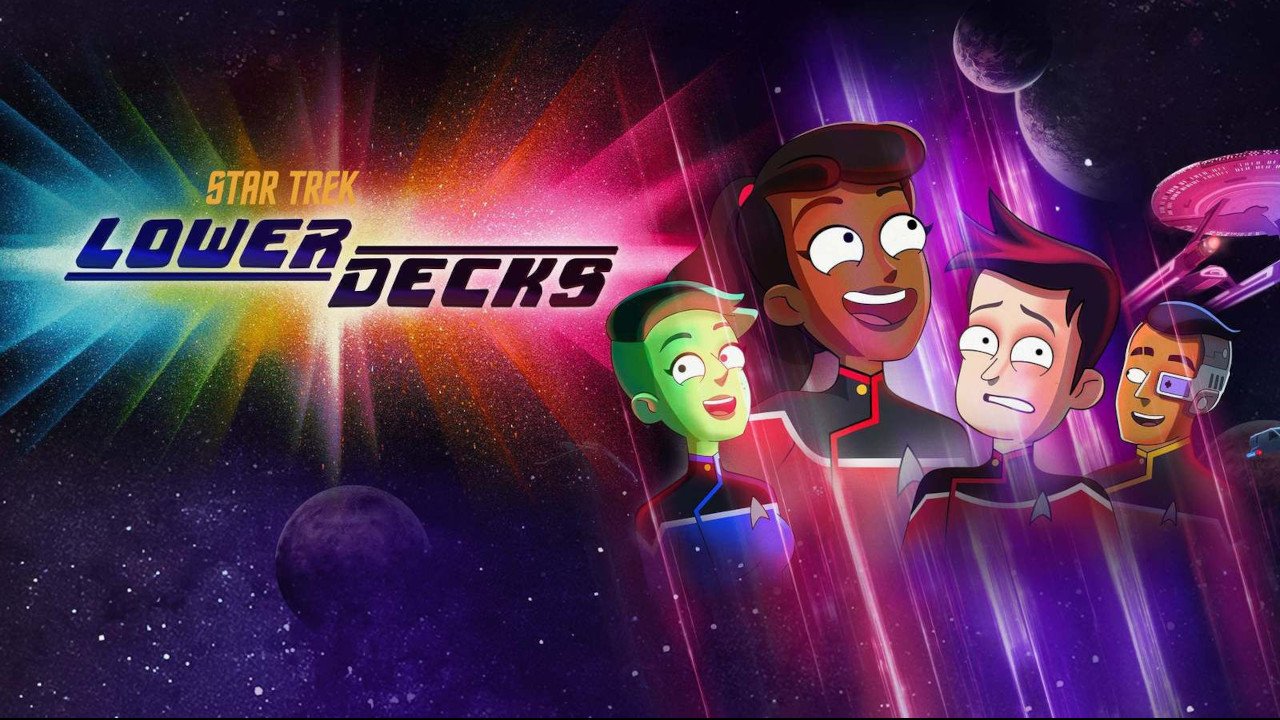
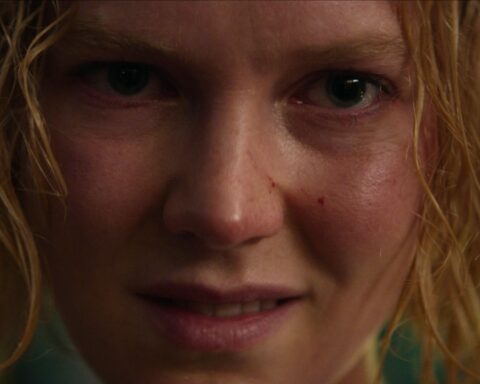

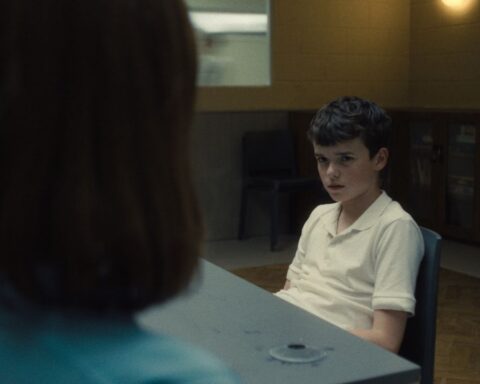
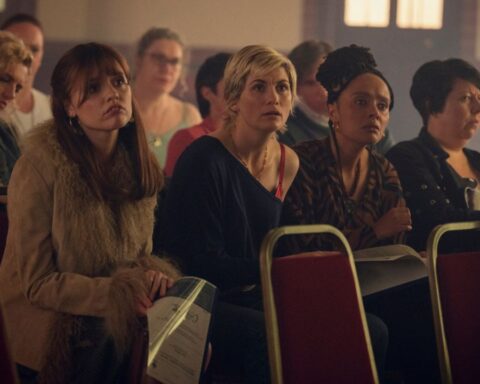
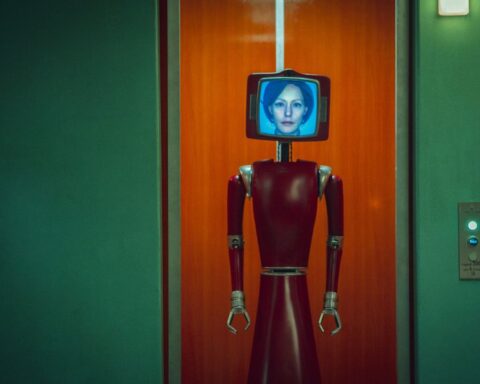
Follow Us